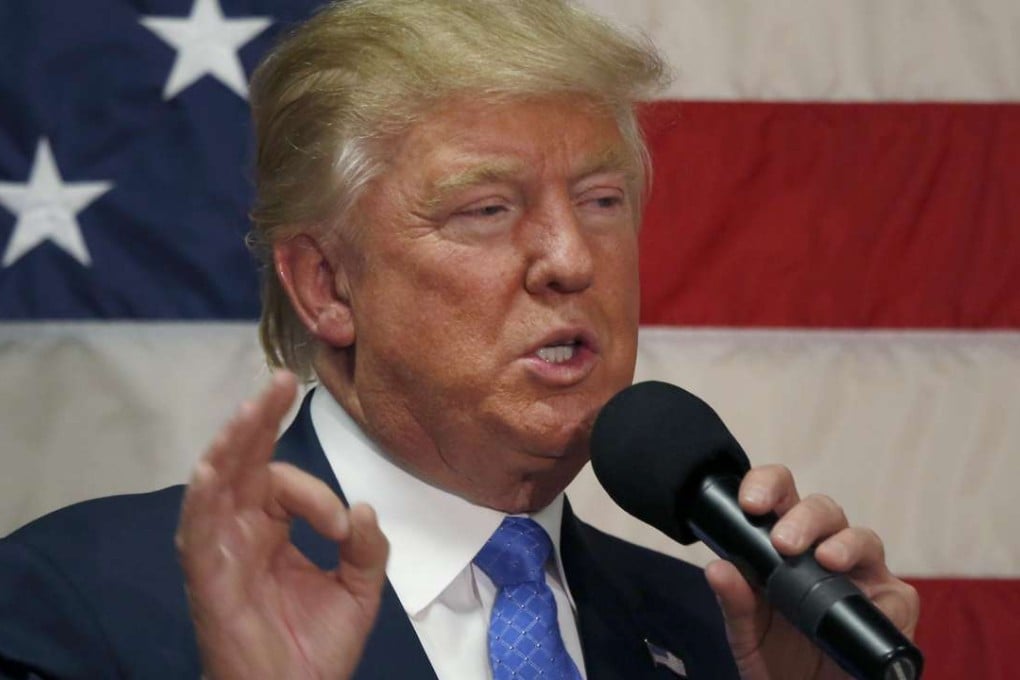Why are recent Chinese immigrants supporting Trump?
Maverick US presidential candidate’s unconventional style attracts Chinese American voters

Donald Trump may have achieved something other US presidential candidates could only dream of: motivating Chinese immigrants – traditionally politically indifferent – to go to the polls next month.
While Chinese Americans, like other ethnic groups in the United States, remain largely divided over the Republican candidate and many of his controversial policy proposals, they all agree that Trump has fuelled an unprecedented level of political activism among Chinese immigrants in the run-up to this year’s presidential election.
I’ve seen many Chinese who’ve become enthusiastic about politics and are siding with Republicans simply because they love Trump
While the maverick candidate has lost many traditional Republican supporters, his unconventional style has galvanised fresh support from others who are usually not interested in politics, including many Chinese Americans, according to Cliff Li, an adviser to the Trump campaign.
“This campaign is very unorthodox, by all means,” said Li, who sits on Trump‘s Asian Pacific American Advisory Committee, which was set up last month.

Li, a businessman in the information technology sector who moved to the US from mainland China in 1990, is also executive director of the National Committee of Asian American Republicans. Both committees are aimed at enhancing Republicans’ outreach to Asian voters, who despite comprising a relatively small part of the electorate are believed by some analysts to be a source of key swing votes that could influence the result.